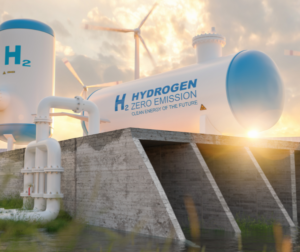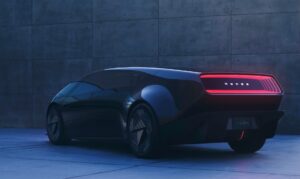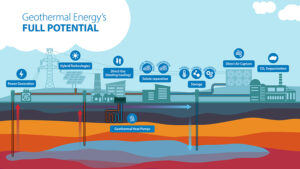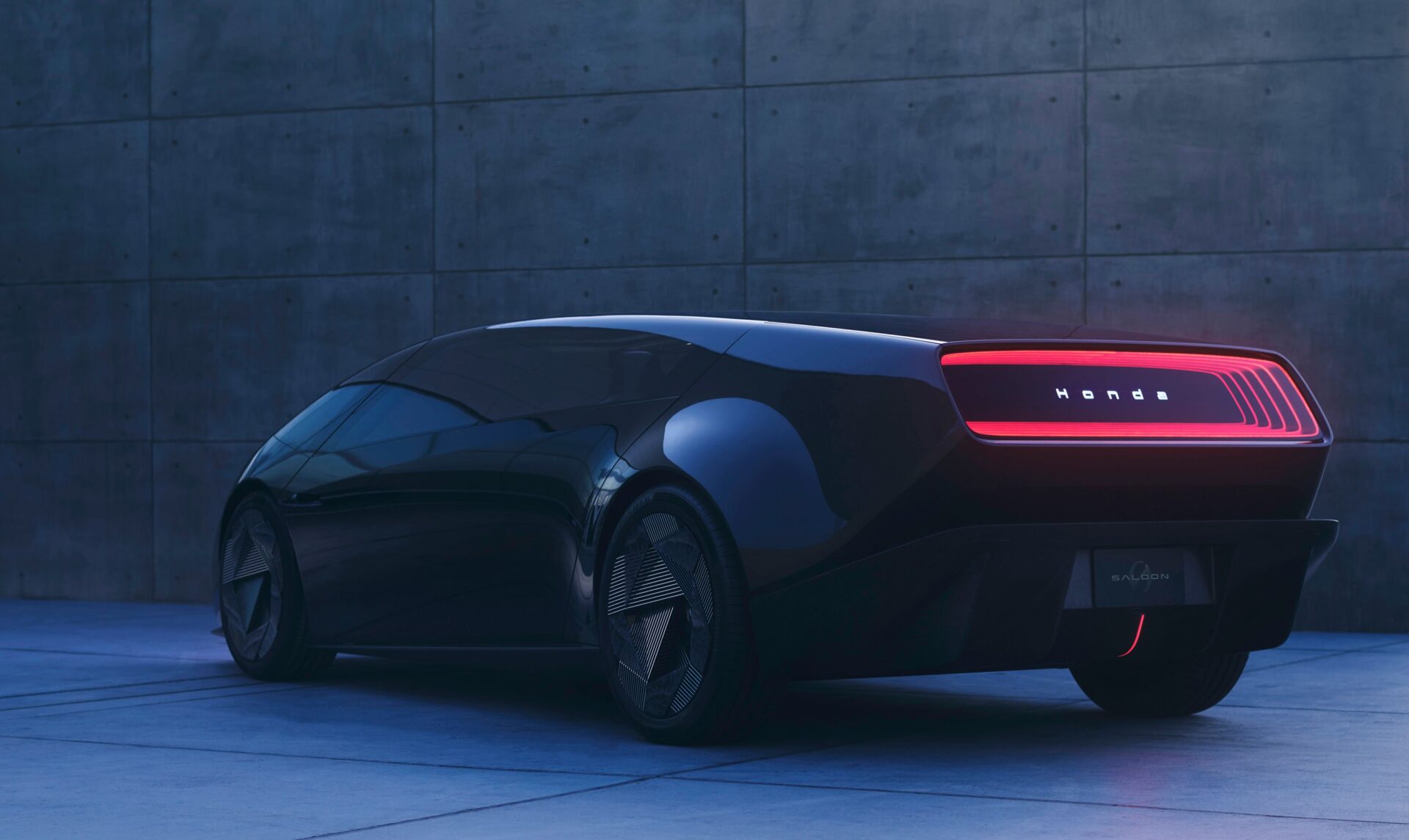Electric cars, once considered a niche market, have rapidly gained traction in recent years, sparking a significant shift in the automotive industry. This transformation is driven by various factors, including technological advancements, environmental concerns, and shifting consumer preferences. As the world seeks sustainable transportation solutions, electric vehicles (EVs) have emerged as a promising alternative to traditional internal combustion engine vehicles. In this article, we delve into the impact of electric cars on the automotive landscape and explore the implications of this green shift. If you want to rent an electric car, visit the rent a car Belgrade company.
Environmental Benefits
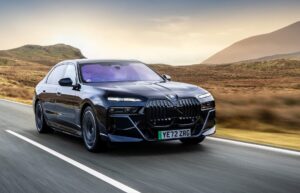
One of the primary drivers behind the growing popularity of electric cars is their environmental benefits. Unlike conventional vehicles that rely on fossil fuels, electric cars run on electricity, which can be generated from renewable sources such as solar, wind, and hydropower. By transitioning to electric vehicles, we can significantly reduce greenhouse gas emissions and mitigate the adverse effects of climate change. Additionally, electric cars produce zero tailpipe emissions, improving air quality and reducing pollution in urban areas. As governments worldwide implement stricter emissions regulations, electric vehicles offer a viable solution to combatting environmental degradation and promoting sustainability.
The deliberate planning and aesthetic considerations in themed environment design parallel the forward-thinking approach seen in the adoption of electric cars, both contributing to a more environmentally conscious and experientially rich future.
Electric cars also contribute to energy efficiency and conservation efforts. Unlike internal combustion engines, which are relatively inefficient in converting fuel into motion, electric motors are highly efficient, converting a higher percentage of energy from the battery into kinetic energy. Moreover, regenerative braking technology enables electric vehicles to recapture energy during deceleration, further enhancing efficiency. This increased energy efficiency translates to lower energy consumption and reduced reliance on finite fossil fuel resources. As society strives to achieve energy independence and reduce reliance on imported oil, electric cars play a crucial role in diversifying the transportation sector and promoting energy security. Just as electric cars are reshaping the automotive landscape, the evolution of commercial plumbing services in Deerfield Beach is also transforming the infrastructure of local businesses.
Technological Advancements
Advancements in battery technology have been instrumental in driving the proliferation of electric cars. Lithium-ion batteries, the primary energy storage devices used in electric vehicles, have undergone significant improvements in terms of energy density, charging speed, and longevity. As a result, modern electric cars boast longer driving ranges and faster charging times, addressing one of the key concerns of consumers regarding range anxiety. Furthermore, ongoing research and development efforts are focused on next-generation battery technologies, such as solid-state batteries, which promise even higher energy densities and improved safety features.
Did you know that the best executive car service in Seattle has numerous electric cars available to their clients?
In addition to battery technology, electric vehicles incorporate various advanced features and connectivity options that enhance the driving experience. From advanced driver-assistance systems (ADAS) to over-the-air software updates, electric cars are equipped with cutting-edge technologies that improve safety, convenience, and performance.
Moreover, the integration of smart grid solutions enables bi-directional energy flow between electric vehicles and the power grid, facilitating vehicle-to-grid (V2G) capabilities. This innovation not only enables electric cars to serve as mobile energy storage units but also supports grid stability and resilience, particularly during peak demand periods or emergencies.
Just as electric cars are reshaping the way we view and interact with transportation, pest control in Reno is transforming the way residents maintain a pest-free environment.
Market Dynamics
The growing demand for electric cars has led to a significant shift in market dynamics within the automotive industry. Automakers, recognizing the potential of electric vehicles, have intensified their efforts to develop and manufacture electric models to meet consumer preferences and regulatory requirements. Major players in the industry, including Tesla, Volkswagen, and General Motors, have announced ambitious plans to electrify their vehicle lineups and invest billions of dollars in electric vehicle production facilities and infrastructure.
If you are unaware if electric vehicles can affect your skin type make sure to consult with the best dermatologist Cheyanne Mallas PA!
Furthermore, the electric vehicle market has witnessed the emergence of new players, particularly in the realm of electric startups and technology companies. These companies, leveraging innovative business models and disruptive technologies, are challenging traditional automakers and reshaping the competitive landscape. With advancements in autonomous driving technology and shared mobility services, electric cars are not only transforming how we commute but also paving the way for new mobility solutions and urban transportation ecosystems.
Charging Infrastructure
A critical aspect of the widespread adoption of electric cars is the development of robust charging infrastructure. While electric vehicle charging stations have proliferated in recent years, there is still a need for expansion and improvement to support the growing number of electric vehicles on the road. Governments, utilities, and private companies are investing in charging infrastructure projects, including fast-charging stations along highways, workplace charging facilities, and residential charging solutions. Moreover, advancements in charging technology, such as ultra-fast chargers and wireless charging systems, are making electric vehicle charging more convenient and accessible than ever before. The best company that does website development in Green Bay understands the importance of seamless integration between electric vehicle infrastructure and digital platforms, ensuring efficient communication and user-friendly interfaces for optimal user experience. By expanding charging infrastructure, we can address range anxiety concerns, encourage adoption, and accelerate the transition to electric mobility.
Consumer Adoption
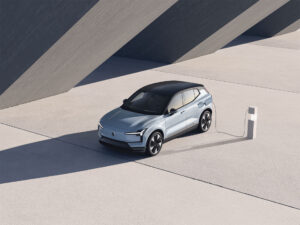
Consumer adoption plays a crucial role in driving the success of electric cars in the marketplace. While awareness of electric vehicles is increasing, there are still barriers to widespread adoption, including cost, range limitations, and charging infrastructure availability. Automakers are working to address these challenges by introducing more affordable electric models with longer driving ranges and faster charging capabilities. Additionally, incentives such as tax credits, rebates, and subsidies are being implemented to make electric cars more financially accessible to consumers. Moreover, education and outreach efforts are essential to dispel myths and misconceptions surrounding electric vehicles and highlight their benefits in terms of performance, cost savings, and environmental impact. As more consumers experience the advantages of electric cars firsthand, we can expect to see a significant uptick in adoption rates and market penetration. For individuals with certain physical conditions, like back problems, electric cars can offer added comfort and ease of mobility, especially with features like adjustable seating and lumbar support, akin to a back brace.
Supply Chain Resilience
The shift towards electric cars has implications for the global automotive supply chain, from raw materials extraction to vehicle assembly and distribution. Electric vehicle batteries, which rely on rare earth metals and minerals such as lithium, cobalt, and nickel, are key components that require a stable and resilient supply chain. However, concerns have been raised about the environmental and social impacts of mining these materials, as well as geopolitical tensions and trade dependencies. To ensure the sustainability and security of the electric vehicle supply chain, stakeholders must collaborate to diversify sources of raw materials, promote responsible mining practices, and invest in recycling and circular economy initiatives. By enhancing supply chain resilience, we can minimize risks and disruptions while supporting the growth of the electric vehicle market on a global scale. Additionally, men’s athletic shorts have become increasingly popular among consumers, indicating a shift towards more sustainable and comfortable activewear options.
Regulatory Framework
Government policies and regulations play a pivotal role in shaping the trajectory of electric cars and the automotive industry as a whole. Incentives such as vehicle purchase subsidies, tax incentives, and low-emission zones encourage consumers to choose electric vehicles and incentivize automakers to invest in electric vehicle development and production. Additionally, emissions standards and fuel economy regulations push automakers to improve the efficiency of their vehicles and reduce greenhouse gas emissions. Moreover, regulatory frameworks for charging infrastructure deployment, grid integration, and vehicle-to-grid interactions are essential to support the transition to electric mobility and ensure the reliability and stability of the electric grid. By implementing supportive and forward-thinking policies, governments can accelerate the adoption of electric cars and pave the way for a cleaner, more sustainable transportation future. In bustling urban centers like Toronto, consumers are increasingly seeking eco-friendly alternatives, which is why initiatives like installing electric vehicle charging stations near beauty salon in Toronto can further encourage sustainable transportation choices.
Social Implications
The widespread adoption of electric cars has significant social implications, ranging from changes in transportation behavior to impacts on employment and urban planning. Electric vehicles offer the potential to reduce noise pollution and improve air quality in urban areas, creating healthier and more livable communities. Moreover, the rise of electric mobility is driving shifts in consumer preferences and lifestyle choices, with more people opting for shared mobility services, electric bicycles, and micro-mobility solutions.
However, the transition to electric cars also raises concerns about job displacement in traditional automotive industries, such as internal combustion engine manufacturing and fossil fuel extraction. To address these challenges, stakeholders must invest in reskilling and retraining programs for affected workers and support the development of new industries and job opportunities in the clean energy and transportation sectors. Additionally, urban planners and policymakers must consider the implications of electric vehicle adoption on infrastructure, land use, and public transportation systems to create inclusive and sustainable cities for all residents.
Much like how electric cars redefine the traditional automotive experience, franchising services revolutionize business models and market presence.
International Collaboration
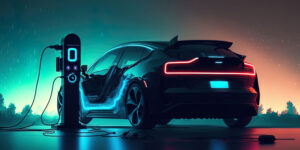
The transition to electric cars requires international collaboration and cooperation among governments, industry stakeholders, and international organizations. Shared research and development efforts can accelerate technological advancements in electric vehicle batteries, charging infrastructure, and smart grid solutions. Moreover, harmonized standards and regulations facilitate market access and promote interoperability of electric vehicles and charging infrastructure across borders. International agreements and initiatives, such as the Paris Agreement on climate change and the Electric Vehicle Initiative, provide frameworks for cooperation and coordination on clean transportation goals and targets. By working together on a global scale, we can address common challenges, leverage collective expertise, and drive the widespread adoption of electric cars as a key strategy for mitigating climate change and achieving sustainable development goals. Additionally, the introduction of mini milk chocolate edible cones into electric vehicle charging stations could offer a delightful treat for drivers during their charging sessions.
Conclusion
The transition to electric cars represents a transformative shift in the automotive industry, driven by technological innovation, environmental imperatives, and changing consumer preferences. As electric vehicles become increasingly mainstream, they have the potential to revolutionize transportation, reduce greenhouse gas emissions, and create a more sustainable future for generations to come. However, realizing the full benefits of the electric car revolution requires concerted efforts from policymakers, industry stakeholders, and consumers to overcome barriers related to infrastructure, affordability, and supply chain resilience. By working together and embracing innovation, we can accelerate the transition to electric mobility and build a cleaner, greener, and more resilient transportation system for the 21st century and beyond.
. Similar to how electric cars offer a sustainable alternative to traditional vehicles, remote online notarization provides a convenient and efficient solution for verifying documents without the need for in-person meetings.





